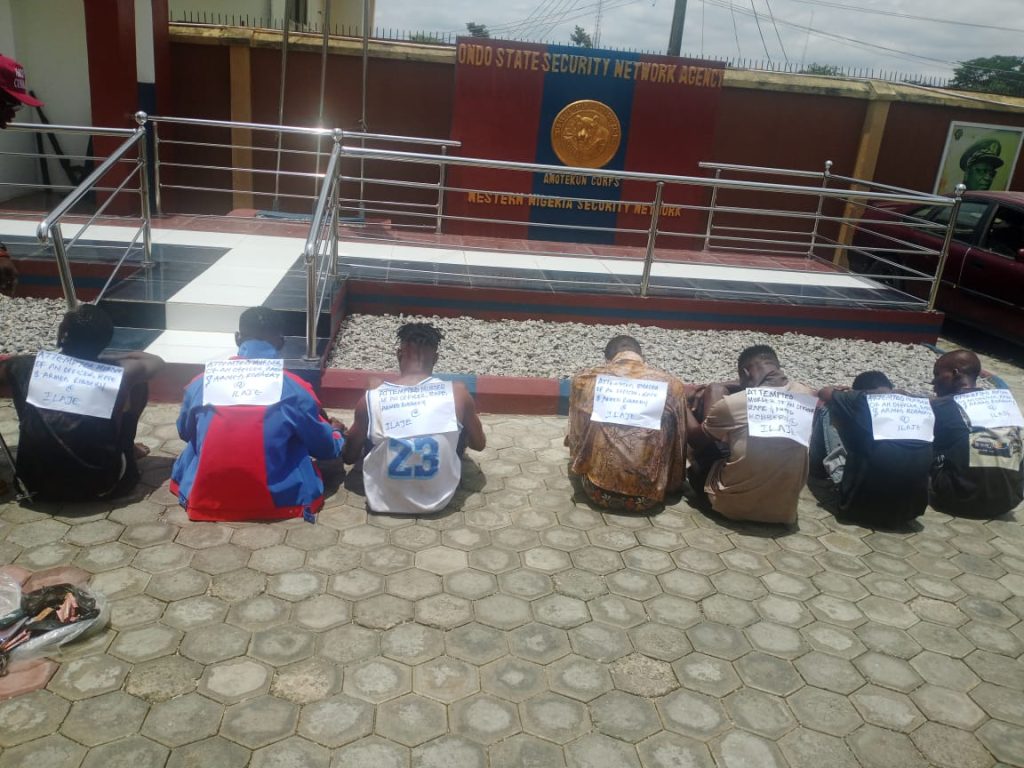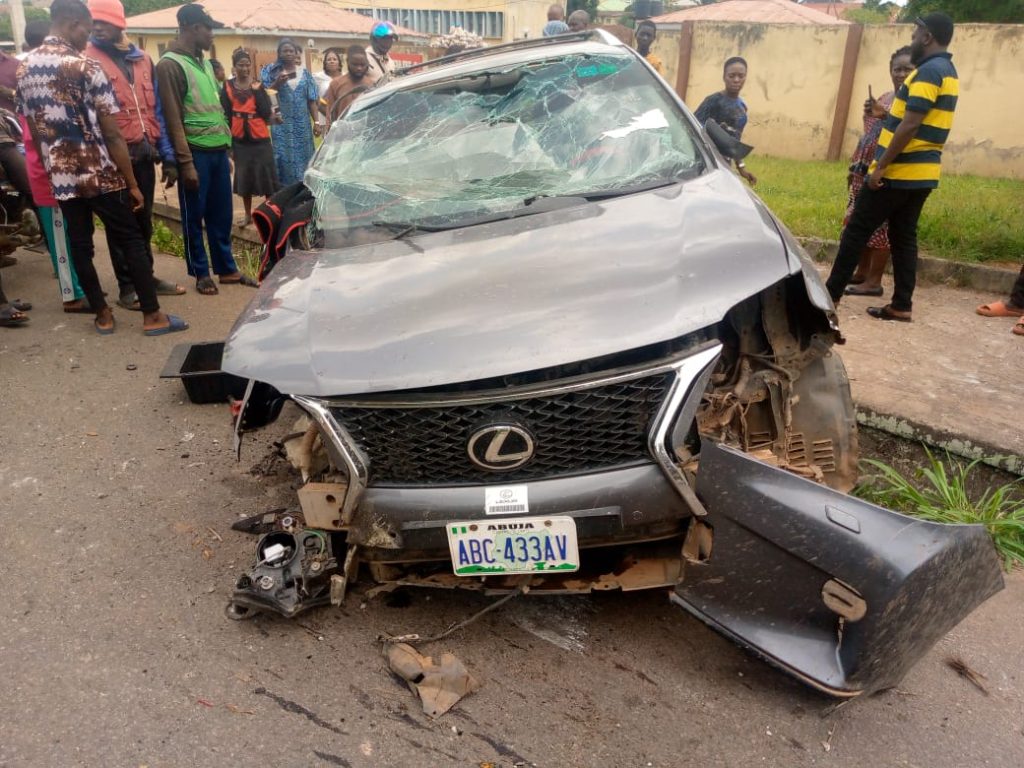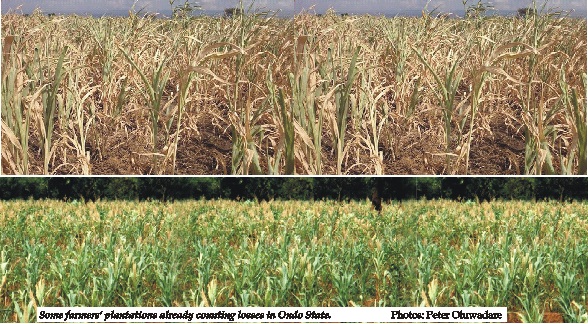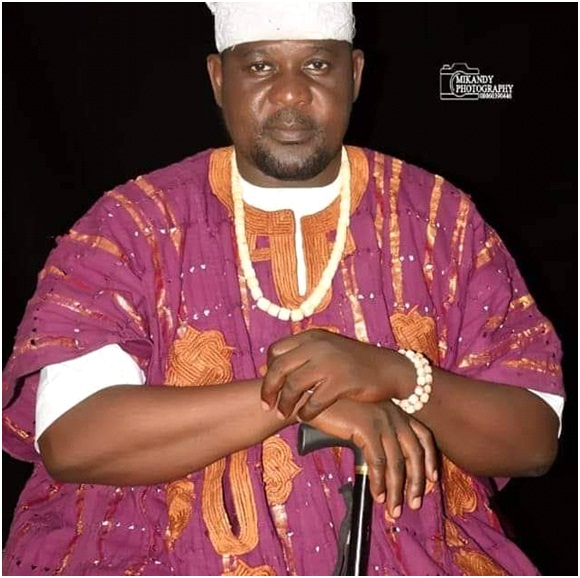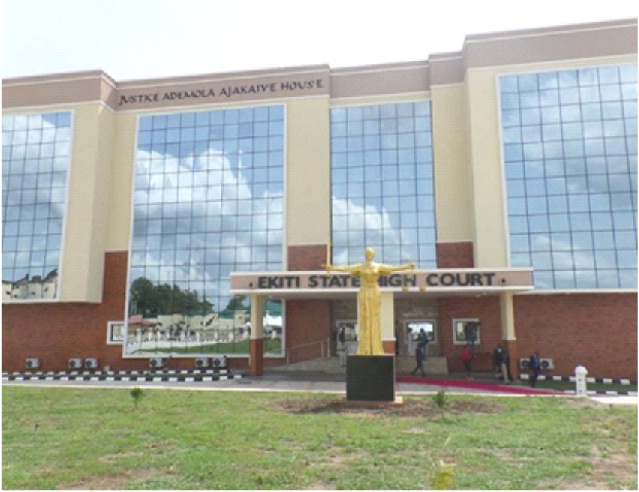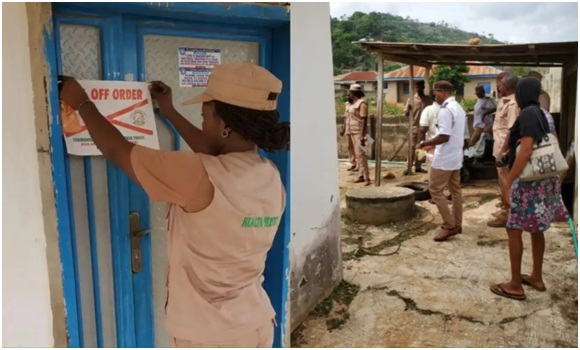Nigeria and ‘dismembering’ of fallen heroes
By Busuyi Mekusi
|
Heroes are not ordinarily self-made, but they get elevated somewhat by the people, based on record-breaking achievements and ground-breaking successes. A hero is required to be brave, extraordinary and well placed to serve as a role model. These notable landmarks are not necessarily positive, as at the time they were being exuded, but a later-time ascriptions that would have earned him/her abuse and repugnancy initially are the very bases upon which new valorisations are achieved. For every hero, there is a hubris that is not tamed, or an Achilles’ Heel that remains unprotected, which determines how and when a fall becomes inevitable. However, the fall of a hero is not just a demystification of already enshrined worth and value but a vitiation of the prestigious placement hitherto enjoyed by the followers.
The foregoing is reinforced by the mythological legendary narratives around the activities of the allies of Sàngó (Oba Kòso), the Yoruba mythological god of thunder and lighting(fire), who had to set people’s houses on fire to deter them from disrespecting their principal, and thereby promote him to the referential place of a god. The fuzziness about this complicating social engineering sufficiently explains the inexplicable fires that are usually recorded in business places and government institutions during the volatile season of dryness and harmattan in Nigeria. It is always believed that these conspiratorial fire incidences are meant to cover up lootings and stealing perpetrated in such places, analogous to the pillaging during the Nigeria Civil War, as the ashes of the old precious lots are no good children to replace the dying forebears, as enunciated in a Yoruba popular proverb that a dying ember would leave behind ashes.
From biblical narrations to contemporary socio-political engagements, heroes are confronted with situations, circumstances, agents, tyrants, oppressors, etc., over whom they triumph, and for which they are celebrated. Nonetheless, one man’s hero is another man’s brute, as the reception of the personality of an individual is a function of the beneficial or disadvantageous relationship the one doing the assessment has with the person in question. Given the principles of associations and dissociations, some heroes, as eclectically as possible, include Marcus Garvey, Martin Luther King, Bob Marley, Nelson Mandela, Adolf Hitler, Sadam Hussein, Momoh Gaddafi, Fela Anikulapo, Desmond Tutu, Mohammadu Buhari, Bola Tinubu, etc. This is not to mention the complicating duplicity of heroism occasioned by celebrity among the younger generation. Either living or dead, heroes enjoy cult-like followership that would give the impression of their delectability and acceptability. Beyond this monolithic configuration of a hero as infallible and mystically impenetrable, they fall off the minds of their followers little time after which the reason for their glorification diminished or disappeared.
Apart from the grandiosity inherent in the formation and constitution of heroism, as contained above, heroes do also include those who suffered or get martyred vicariously, such as soldiers who do gallantly in battles to secure the lives and properties of the people, religious leaders like Jesus Christ who undertook the redemption of humanity through willful third-person culpability, etc. As a mark of honour and recognition of the onerous contributions of soldiers to the security and well-being of the people, in the process of which they get maimed or killed, specific days are set aside to remember them, during which supports are also mobilised for their dependants. Apart from the funds raised through the sales of symbolic emblems, governments at all levels do make special donations to enhance the living standards of physically-battered old soldiers and family members of departed ones. The special occasion slated for January 15th of every year similarly allows government functionaries to lay wreaths before the engravings of a universal soldier that dominates and occupies a particular assigned public space in perpetuity. The laying of wreaths and other colourful ceremonies that mark the yearly remembrance have at best amounted to ridiculing and ‘dismembering’ the dead, as the conditions that led to heroism in soldiering in Nigeria have irreversibly deteriorated.
The Nigerian Armed Forces Remembrance Day is a codification for the emplacement of soberness and sobriety, in connection with the significant roles of the armed forces to the country. It is a moment for reflection on the dastardly past of annihilation which is also meant to pay tribute to servicemen and veterans who made huge sacrifices in the preservation of the sanctity of humanity and preservation of nationality. All over the world, the Armed Forces Remembrance Day is marked on November 11 every year, similarly known as the Armistice Day, in commemoration of the First World War. However, the adoption of January 15 annually to mark the Armed Forces Remembrance Day in Nigeria was to cohere with the surrendering of the secessionists, following the Civil War, on January 15, 1970. The change in the date from a global perspective to national one was to signal the restoration of the unity of Nigeria. May God bless the United States of Nigeria!
Painfully enough, the celebration of fallen heroes during this unique day remains a mere flash on the pan, as the fluttering of symbolic doves released as an emblem of peace becomes a signification for the elusiveness of peace and unity, in the face of huge fragmentation induced by suspicion and marginalisation, impoverishment, insecurity, and so on. Going by the carnages precipitated by endless affronts by kidnappers, terrorists and bandits, heroes are now dismembered before they are poorly remembered.
Apart from the claims of inadequate armaments to help reinforce the dexterity of soldiers, there have been reported cases of protests by soldiers, owing to lack of motivation, which is due to overstaying posting in tempestuous zones and non-payment of certain allowances. We know that it is in Nigeria that hens eat up the intestines of one another. Claims of sabotage within the ranks and file have also vitiated the prosecution of the war against terrorism and banditry, with ‘heroes’ falling, endlessly but needlessly. Systematic pogroms continue across the country, as members of the political class upscale their outdated rhetoric and redundant non-assuring platitudes.
The notion of heroism in Nigeria should be read against the alternate heroes created by Festus Iyayi in his eponymous novel, Heroes. Iyayi artistically probes the justification for war, using the Nigeria Civil War to interrogate the brutal predilection of people in the helms of affairs at the two sides of the divide to profit through investment in blood and destruction of the innocent but gullible people they lead. The gullible lot is characterised in Osime Iyere, a journalist, who was taking side with the Nigeria government until the gruesome murder of his landlord, leading him to conclude that forces on the two sides are agent provocateurs who deliberately deceive the ordinary people to think that they have an enemy in people who speak a different language from theirs, and who are from other ethnic groups, in order to take advantage of them. Just like the strategies used by the ruling class during the war, the common people are still made to massacre themselves, rape each other’s wives and daughters, and burn each other’s houses. This is as Zamfara gold miners and profiteers scavenge and pile gold, and bandits collect hard currencies to better the lots of their sponsors.
Increasingly, the fallen heroes in Nigeria are not just the soldiers that paid the supreme price of death in the fights for the unification of the country or their dependants that struggle in vain to grab part of the trickles of yearly donations, they are not just those that were maimed and left to carry unforgettable scars of evil, they are not just those who became victims of conspiracy of enemies within, they include countless citizens that have been raped by bandits and cultists; minors that have been violated by known and unknown aggressors; many that have been displayed due to destroyed homes; psychologically disoriented individuals that shutter each day, weighed down by the memories of the Den of kidnappers; the sick that cannot access Medicare, or those poorly diagnosed or mishandled; and others for whom there are no categorisation.
Like J. P. Clark has enthused, we are all casualties, as the ‘dismembering’ of fallen heroes continue, in the name of remembering, if we all continue to fail in mitigating those factors that keep increasing the numbers of ‘fallen heroes’. I wish us a safe trip, in the journey of year 2020!

